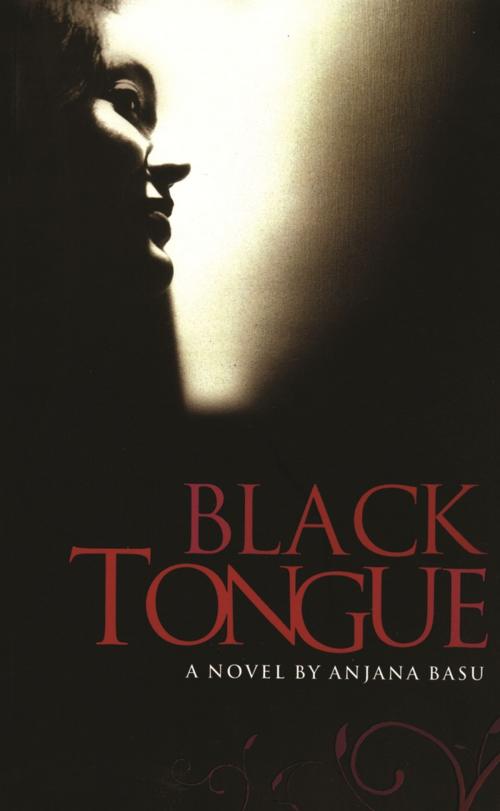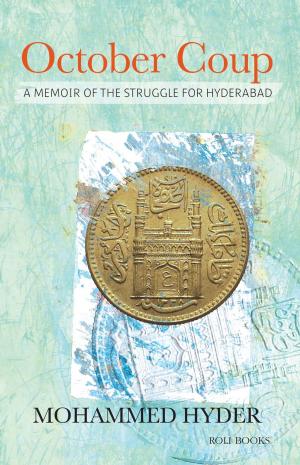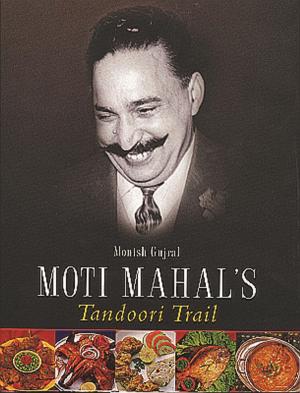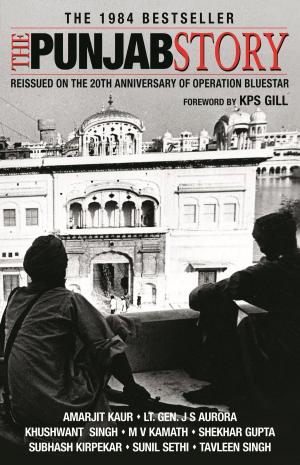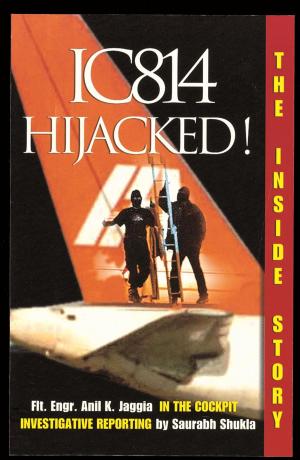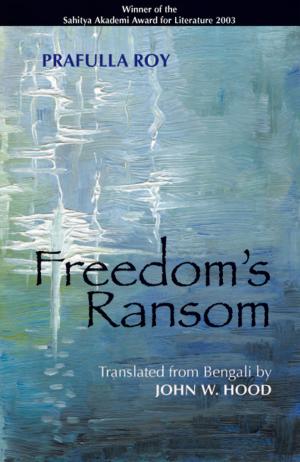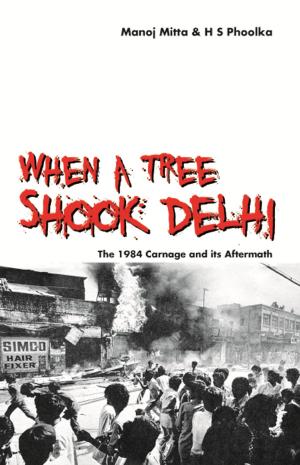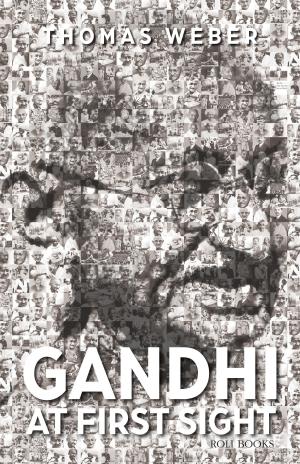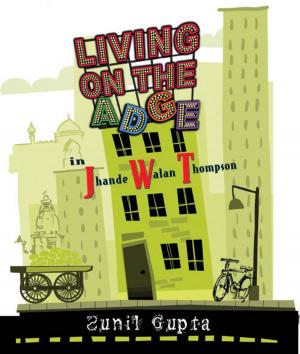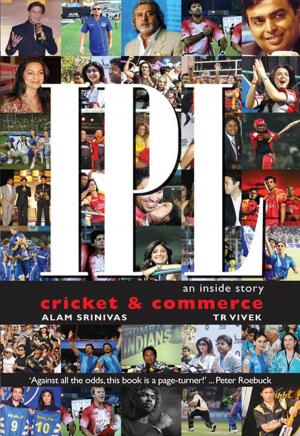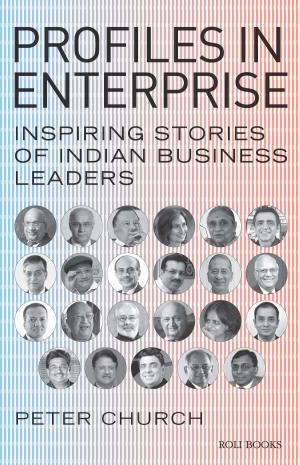| Author: | Anjana Basu | ISBN: | 9789351940630 |
| Publisher: | Roli Books | Publication: | March 1, 2007 |
| Imprint: | IndiaInk | Language: | English |
| Author: | Anjana Basu |
| ISBN: | 9789351940630 |
| Publisher: | Roli Books |
| Publication: | March 1, 2007 |
| Imprint: | IndiaInk |
| Language: | English |
Set in contemporary Communist-ruled West Bengal, Black Tongue explores the story of a young servant girl and her employer whom destiny brings together in an intricate dance of love and hate. Street-smart and sassy, 16-year-old Maya has aspirations beyond her means. Then, she disappears. Amrita, Maya's employer and a social worker, is charged with her death. The ubiquitous Party also begins to investigate the murder, a murder that turns out to be not quite what it seems. Maya believes that her black tongue has wrecked Amrita's beautiful world. Hate simmers in her. Amrita, in a bid to save herself, turns to ex-lover Paresh, the minister's right-hand man. Maya's brother, Naren, a cadre worker, sees an opportunity to make a fast buck in her disappearance. Is this part of a sinister, bigger plan? Or are they shielding somebody? Through the novel, Anjana Basu, explores the contradictions that connect middle-class Kolkata and its urban slums with rural West Bengal. As the events unfold, the story looks askance at a strange, but recurrent socio-political phenomenon typical of West Bengal: pre-modern superstition existing in the interstices of an enlightened political apparatus.
Set in contemporary Communist-ruled West Bengal, Black Tongue explores the story of a young servant girl and her employer whom destiny brings together in an intricate dance of love and hate. Street-smart and sassy, 16-year-old Maya has aspirations beyond her means. Then, she disappears. Amrita, Maya's employer and a social worker, is charged with her death. The ubiquitous Party also begins to investigate the murder, a murder that turns out to be not quite what it seems. Maya believes that her black tongue has wrecked Amrita's beautiful world. Hate simmers in her. Amrita, in a bid to save herself, turns to ex-lover Paresh, the minister's right-hand man. Maya's brother, Naren, a cadre worker, sees an opportunity to make a fast buck in her disappearance. Is this part of a sinister, bigger plan? Or are they shielding somebody? Through the novel, Anjana Basu, explores the contradictions that connect middle-class Kolkata and its urban slums with rural West Bengal. As the events unfold, the story looks askance at a strange, but recurrent socio-political phenomenon typical of West Bengal: pre-modern superstition existing in the interstices of an enlightened political apparatus.
